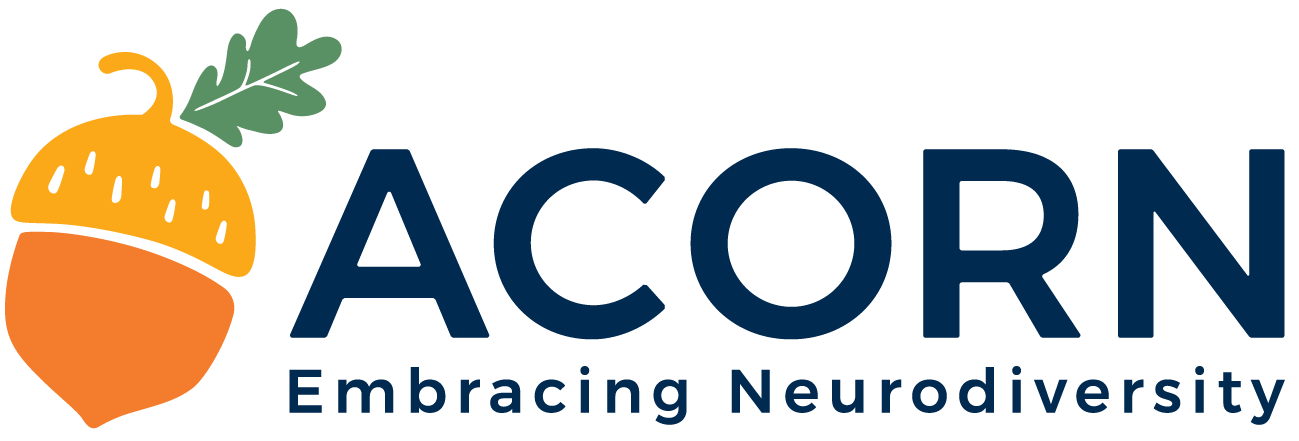Finding Authentic Neuro-affirming Friendships
Finding out I was neurodivergent changed everything for me - it gave me the freedom to exist as my authentic self. It wasn’t until late high school that I was diagnosed as autistic, and with that diagnosis came a landslide of clarity and understanding, everything that I had previously thought was wrong with me, was just the reality of having to navigate a neurotypical world, not built for me or the way my brain works. Realising that I am different, and that it isn't a bad thing, changed the way I connect with the world around me.
On the surface, I had friends, participated in class discussions, and adapted to different social situations. But beneath it all, I was frantically kicking to stay afloat, exhausted from constantly adjusting myself to fit in. Maintaining friendships was exhausting, I was a chameleon, adjusting everything about myself just to fit into the social group that I knew would give me safety and connection in school. While this tactic worked for short spans of time I was left with no sense of self. I had masked and mimicked my way into these friendships, and I was left picking up the pieces of myself after friendships inevitably crashed and burned. Those connections weren’t genuine, and it felt like my peers were moving on without me.
Discovering I was autistic and falling down the rabbit hole of understanding female neurodivergent traits facilitated a fundamental shift in how I perceived friendships. I stopped asking “how do I make them like me”, and chasing friendships that didn’t serve me, instead asking “where do I feel safe, valued, and understood?”. I developed the quiet confidence of believing in myself, knowing that living authentically, and advocating for my own needs benefited those around me just as much as it did me. I embraced time with myself, learning to recognize what my body felt like when regulated, and reflecting on what I wanted to gain from the friendships I made. Believing in myself and refusing to conform to the demands of traditional social norms exposed me to a whole new world, I began finding my people, surrounding myself with friends who celebrate differences and share my desire to find modes of social connection that don’t leave us drained and burnt-out. Embracing my neurodivergence in friendships opened me up to conversations and connections founded in shared passions, honesty, and unique perspectives on the world. Surrounding myself with people who truly understood me, my brain, and the way it works allowed me to experience deep joy and a sense of belonging. I no longer feel like I am treading water, just coping with the social demands, I am now thriving in a community of support that celebrates me as I am.
Through prioritizing authenticity in friendships and holding true to my own needs, I created space for my friends to do the same, both neurodivergent and neurotypical. Communication shifted to something that was open and free from judgement. We understand that sometimes our social batteries can go flat faster than we may have anticipated. We built connections that didn’t need us to over-explain, allowed us meet our sensory needs, and affirmed who we are as individuals. We know that we are all humans doing our best to navigate the world and that sometimes we might need to just hunker down and get through it, and instead of forcing ourselves to meet the expectations of everyone else, we hold space for ourselves as we are and celebrate the small wins together as we get through the ups and downs of life. My neurodivergence gave me the gift of understanding that real belonging doesn't come from trying to fit in - it comes from being authentically yourself and letting the right people find you. I don’t need to change to belong, I can surround myself with people who love and support me as is and help build a world where this becomes the norm. If you have ever felt the need to change yourself to belong, know this - you don’t. You can live unapologetically as yourself, and the right people will celebrate you as you are. Together we can build a world where authenticity is the norm.
- written by Sanchia Rose Walker, Acorn Communications Assistant
